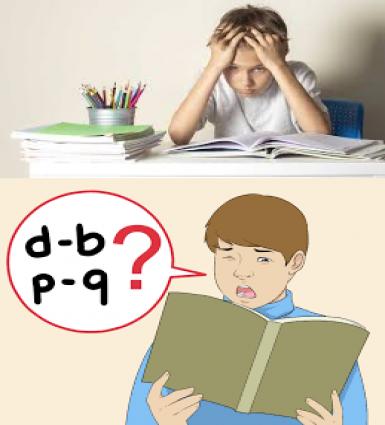- Home
- SLI LD
SLI LD
Specific language impairment (SLI) is a communication disorder that interferes with the development of language skills in children who have no hearing loss or intellectual disabilities. SLI can affect a child’s speaking, listening, reading, and writing. SLI is also called developmental language disorder, language delay, or developmental dysphasia. It is one of the most common developmental disorders, affecting approximately 7 to 8 percent of children in kindergarten. The impact of SLI usually persists into adulthood.
What are the symptoms of SLI?
A child with SLI often has a history of being a late talker (reaching spoken language milestones later than peers).
Preschool-aged children with SLI may:
- Be late to put words together into sentences.
- Struggle to learn new words and make conversation.
- Have difficulty following directions, not because they are stubborn, but because they do not fully understand the words spoken to them.
- Make frequent grammatical errors when speaking.
Although some late talkers eventually catch up with peers, children with SLI have persistent language difficulties. Symptoms common in older children and adults with SLI include:
- Limited use of complex sentences.
- Difficulty finding the right words.
- Difficulty understanding figurative language.
- Reading problems.
- Disorganized storytelling and writing.
- Frequent grammatical and spelling errors.

